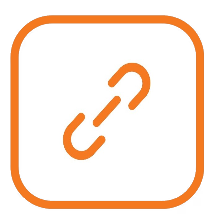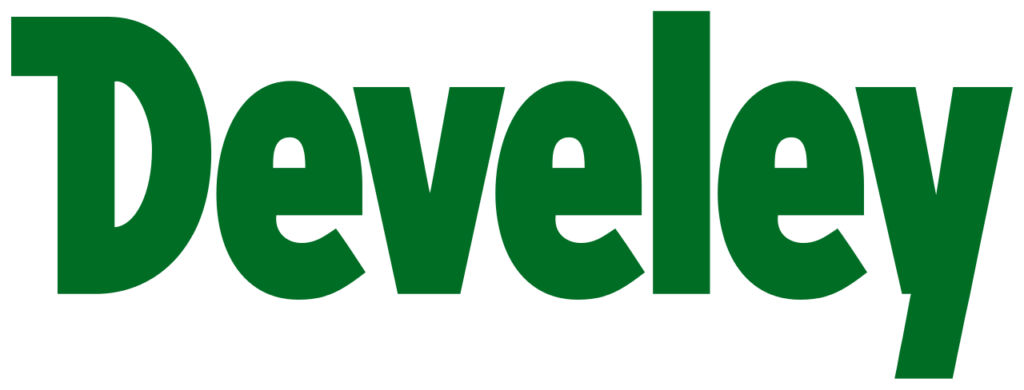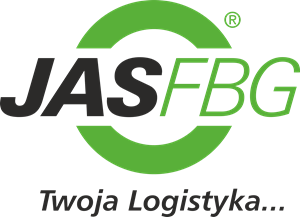Document management system – how to choose the right one?


Document management is something that connects all businesses regardless of their size, industry, or organizational structure. It is a laborious and time-consuming task, which is why many companies opt for an DMS – Document Management System. However, how to choose the right system among so many available on the market? Much depends on the individual needs of the enterprise, but there are several universal features worth paying attention to.
✅ Data Security
Document management involves storing vast amounts of data about both employees and clients. The document management system must comply with national and international regulations such as GDPR. Moreover, it is worth paying attention to other aspects of security, such as:
- Perform penetration tests on a regular basis;
- Apply good software development practices;
- Use of proven authorization methods;
- Regular backup;
- Use of proven security features on servers;
- Have contingency plans for emergencies.
All of these aspects are particularly important for the security of processed documents.
✅ Cloud Access
Cloud access ensures efficient document management from any device via the Internet. The client doesn’t need to install any additional programs on company computers because the system is installed on the service provider’s server. A professional external company is responsible for proper data storage and software operation. Furthermore, using a cloud-based solution means greater flexibility.
✅ Scalability
In addition to analyzing current needs, the potential for future expansion or transformation of the company’s business processes should also be considered. Only a system that allows for independent launching of new processes, building business applications, or modifying existing ones will be able to adapt to changing needs and grow with the company. The ability to expand it in terms of processed documents or the number of users is essential – otherwise, after some time, it may turn out that the system no longer serves its purpose and needs to be replaced. Therefore, it is important to choose a system that can be appropriately shaped along with the company’s development.
✅ Integration with external systems
Companies typically use more than one supporting system including ERP, CRM, or financial-accounting systems. In addition, there are solutions such as Google Docs, MS Office, and email. The ability to integrate with external systems eliminates the need to transfer data and manually enter the same information into different systems, so it is necessary to check whether the considered offer allows for such an option and to what extent. Additionally, attention should be paid to whether the system can communicate with the most commonly used data sources, such as:
- XML;
- Excel;
- SOAP;
- JDBC;
- REST;
- SAP.
✅ User-Friendly Interface
Attention should be paid to the clarity and intuitiveness of the solution. Investing in a document management system should facilitate the quick creation of processes without programming knowledge. Ease of use is associated with fewer training hours and reduces the risk of errors. Intuitive navigation, understandable icons, and clear menus enable users to quickly learn how to use the system.
✅ Training and Technical Support
In addition to the system itself, it’s worth checking the availability of supplementary services. Even the simplest system requires initial training. Moreover, a company may opt for personalized offer and the creation of additional functionalities. Contact during system implementation is crucial, but equally important is swift technical support in case of issues during usage.
Of course, there are many other factors to consider, but these six have the strongest impact on daily convenience of use. The credibility of the document management system provider is also evidenced by previously completed implementations and customer feedback. At Suncode, we have coordinated hundreds of projects with companies of various sizes and industries.
Plus Workflow – User-Friendly Document Management
Suncode prioritizes functionality and security. As a SaaS solution, Plus Workflow ensures flexibility and scalability, with users accessing it through a web browser. The system can be integrated with any other program used in the company, and a range of additional domain modules enables data exchange based on XML files, intermediary tables, or web services. Thanks to Low-Code programming practice, users can create new processes without programming knowledge, navigating through a transparent interface.
Regarding information security, Suncode has implemented a range of preventive measures and contingency plans to meet legal requirements and internal company policies. Our actions include penetration testing, good software development practices (SSL), advanced authentication methods, server security measures, and parameter monitoring.
If you’d like to learn more details, feel free to contact us at sales@suncode.pl.




























